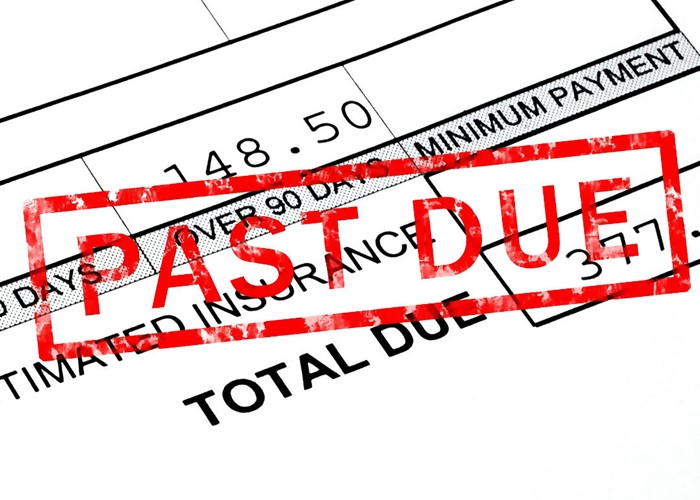Wonga to pay out compensation for dodgy debt collection practices

Investigation finds Wonga sent letters from non-existent law firms to pressure borrowers into paying.
Wonga, the nation’s biggest payday lender, has been ordered to shell out compensation of more than £2.6 million as a result of its “unfair and misleading” debt collection practices.
Wonga was found to have sent letters to borrowers in arrears posing as law firms named Chainey, D’Amato & Shannon and Barker and Lowe Legal Recoveries, threatening legal action. Neither of these firms even exist.
To make matters worse, in some instances Wonga was found to have added charges to borrowers’ accounts to cover the administration costs of sending these dodgy letters.
The financial regulator, the Financial Conduct Authority (FCA), determined that these practices piled pressure on borrowers to make loan repayments that many simply could not afford.
The compensation
Around 45,000 borrowers are now in line for a slice of the compensation pot of around £2.6 million.
A flat rate of £50 compensation, for distress and inconvenience, will be offered to everyone that received the letters, while £400,000 will be split between those who paid the charges for being referred by Wonga to the non-existent law firms.
In some cases additional compensation may be paid depending on individual circumstances.
Wonga will be contracting all affected borrowers directly. The FCA has appointed a "skilled person” to oversee the process and ensure they get what they are owed.
Why has it taken this long?
These practices – which took place between October 2008 and November 2010 – were apparently uncovered by the Office of Fair Trading (OFT) back in 2011.
The FCA only took over regulation for the consumer credit market (including areas such as payday loans) in April this year, so it has at least acted reasonably quickly on being passed the information. The FCA has explained that it cannot impose a fine on top of the compensation as the offences took place before its regulation of the sector had begun.
But why the OFT, which was closed down in April when its responsibilities were handed over to the FCA and the new Competition and Markets Authority, was unable to act on Wonga’s dodgy practices remains unclear.
More on payday lending:
The best alternatives to payday loans
Comments
Be the first to comment
Do you want to comment on this article? You need to be signed in for this feature